When it comes to common hair issues like hair fall, thin hair, or grey hair, most people blame hormonal or genetic factors. While hormone and genetic factors do impact your hair health, they aren’t the only culprits. There are other factors at play too. Want to know what those factors are? Read along.
This blog talks about the top 10 factors that affect your hair health and how you can deal with them. You’ll also find some reliable natural supplements to boost your hair health significantly in the end. So, read in full.
Top 10 Factors that Impact your Hair Health
1. Genetics
Genetic factors decide everything from your appearance and strength to your height and hair health. Even the thickness, length, and texture of your hair are decided by genetics.
However, if you are experiencing thin or frizzy hair or hair fall, because of genetic factors you cannot do much about that. You can try over-the-counter medications and prevent further deterioration, though.
2. Diet
Research links nutrient deficiencies with several health issues, including hair loss. For instance, biotin deficiency is known to cause alopecia (partial or complete hair loss). Also, iron, zinc, selenium, and vitamin E, D, and A deficiencies are known to aggravate hair loss. So, make sure to consume a healthy diet that contains all the nutrients your body requires.
Note. You can try Daily Greens, which brings all the nutrients your body needs from natural sources.
3. Certain Medications
Medications for blood pressure, arthritis, gout, etc., often exhibit side effects such as hair thinning or hair fall. If you’re experiencing hair issues after administering any medication, ask your doctor to replace it with something else.
4. Stress
Stress is the reason behind blood pressure, chronic heart issues, and even indigestion. But did you know stress impacts your hair health too? Well, it does. Some studies suggest that there’s a link between stress and hair fall. However, more proof/evidence is required to prove the fact.
5. Air Pollution
Air has a devastating effect on your lungs; we all know that. But studies show that air pollution impacts your hair health as well. According to a 2019 study, air pollutants decreased the level of a specific protein that is responsible for hair growth.
How to protect your hair from air pollution? Well, you can wear a helmet, hair mask, or scarf whenever you go outside to protect your hair from pollutants.
6. Smoking
Smoking is known to damage your hair follicles increasing the risk of hair loss. According to a study, smoking may damage the DNA of cells that look after your hair follicles. And damage to these DNA cells can increase the risk of hair loss and impair overall hair growth.
Solution? Leave smoking right away!
7. Wrong Hair Products
Sometimes using the wrong hair products such as shampoos/hair conditioners might lead to frizzy hair or thin hair. This happens when you use any local product without understanding your hair type. So, always choose high-quality hair products that are best suited for your hair.
8. Scalp Conditions
Scalp conditions such as ringworm infection, dandruff, or alopecia areata are known to aggravate hair loss and cause poor hair health.
If you’re suffering from the above or any other scalp condition, chances are they’re the reason behind your poor hair health. What’s the solution? Start treatment for scalp conditions, and you’ll eventually notice an improvement in your hair health.
9. Cosmetic Procedures
Do you blow-dry or iron, or curl your hair too much? If yes, that could be the reason behind poor hair health. The above-mentioned cosmetic procedures weaken the hair strands, leading to excess hair fall.
So, make sure to keep cosmetic procedures to a minimum or completely avoid them if possible.
10. Hormonal Factors
Hormones are one of the biggest factors behind hair loss in both men and women. And the hormone that impacts hair health in both sexes is dihydrotestosterone.
However, unlike genetic hair loss, hormonal hair loss is reversible. You can reach out to a medical expert and follow the treatment he suggests.
Want to Boost your Hair Health from Within?
Like plants need sunlight to grow, similarly your hair also needs nutrients from our daily diet. Food items like spinach, egg yolk,fish,nuts, bananas and raisins are rich in proteins and essential nutrients that support hair growth. It is also recommended to avoid high sodium foods, carbonated drinks and sugar, which can hinder healthy hair growth. If you are looking for a clean and natural way to give a boost to your hair health, a wholesome diet and hair vitamin supplements work in synergy to give the best results.
Here are some natural supplements from Wellbeing Nutrition to improve hair quality from within:
Healthy Hair Melts
Melts Healthy Hair comes with piperine, biotin, Fo-Ti extract, folic acid, zinc, and saw palmetto to help you:
-
Reduce Hair fall
-
Reduce Greys
-
Improve Hair Growth
-
Nourish Follicles
Beauty Japanese Marine Collagen Peptides
Beauty Japanese Marine Collagen Peptides comes with wild-caught Japanese marine collagen that not only helps your hair but your skin and nails too. Here are all the benefits it offers:
-
Helps with Anti-Ageing
-
Offers Skin Radiance
-
Nourishes Follicles
-
Promotes Hair Growth
-
Strengthens Nails
Hair, Skin & Nails
Hair, Skin & Nails comes with slow-release beadlets containing biotin, glutathione, and collagen, along with evening primrose oil. This supplement can help you:
-
Increase Hair Volume
-
Promote Hair Growth
-
Enhance Hair Volume
-
Prevent Wrinkles and Fine Lines
-
Support Nail Growth
Wrapping Up
Hair Health is not always about using the right shampoo or conditioner. Sometimes, you need to focus on your diet, relax your mind, protect your hair from pollution and consume the required nutrients each day. So, opt for healthy habits, diet, and nutrition and achieve better hair health.
References
Peters, E., Müller, Y., Snaga, W., Fliege, H., Reißhauer, A., Schmidt-Rose, T., Max, H., Schweiger, D., Rose, M., & Kruse, J. (2017). Hair and stress: A pilot study of hair and cytokine balance alteration in healthy young women under major exam stress. PloS one, 12(4), e0175904. https://doi.org/10.1371/journal.pone.0175904
Guo, E. L., & Katta, R. (2017). Diet and hair loss: effects of nutrient deficiency and supplement use. Dermatology practical & conceptual, 7(1), 1–10. https://doi.org/10.5826/dpc.0701a01
Kurt, O. K., Zhang, J., & Pinkerton, K. E. (2016). Pulmonary health effects of air pollution. Current opinion in pulmonary medicine, 22(2), 138–143. https://doi.org/10.1097/MCP.0000000000000248
Salem, AS, Ibrahim, HS, Abdelaziz, HH, Elsaie, ML. Implications of cigarette smoking on early-onset androgenetic alopecia: A cross-sectional Study. J Cosmet Dermatol. 2021; 20: 1318– 1324. https://doi.org/10.1111/jocd.13727
Grymowicz, M., Rudnicka, E., Podfigurna, A., Napierala, P., Smolarczyk, R., Smolarczyk, K., & Meczekalski, B. (2020). Hormonal Effects on Hair Follicles. International journal of molecular sciences, 21(15), 5342. https://doi.org/10.3390/ijms21155342












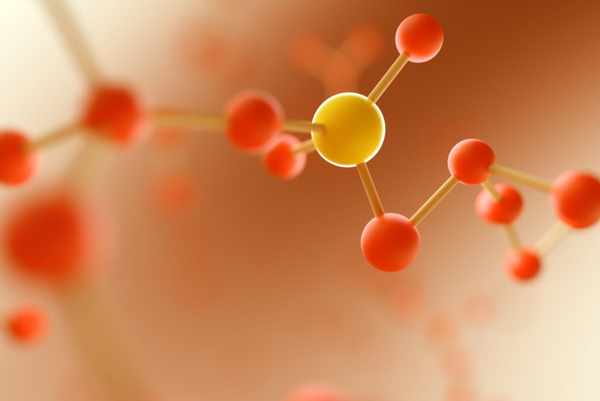
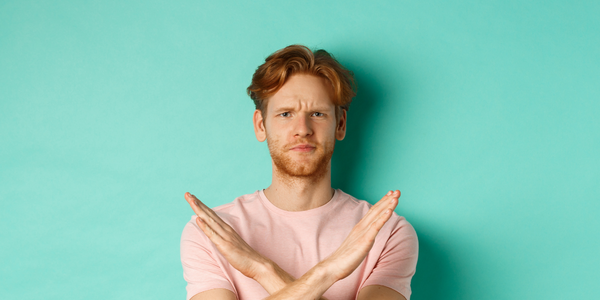
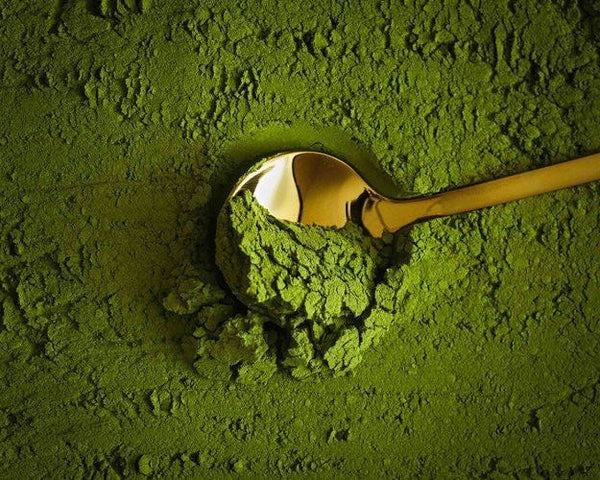
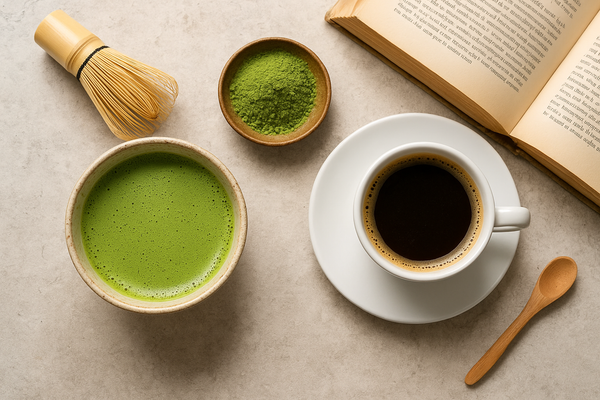
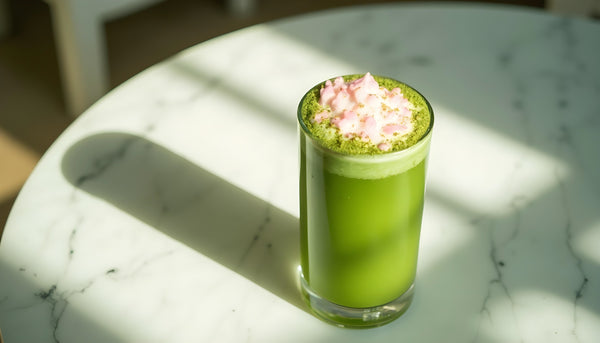
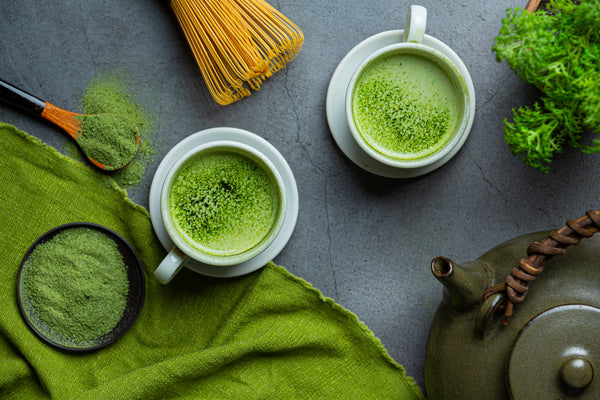
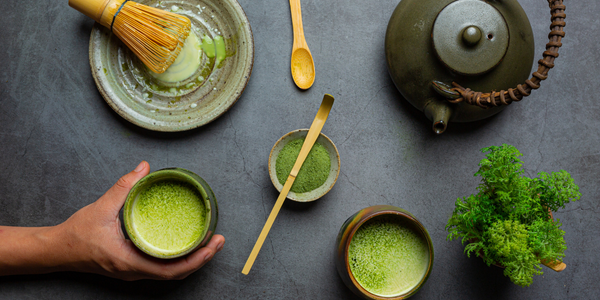
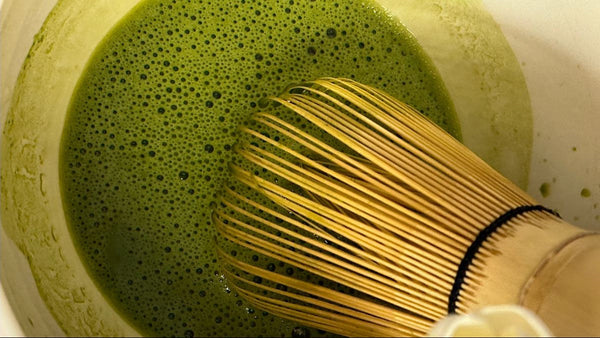
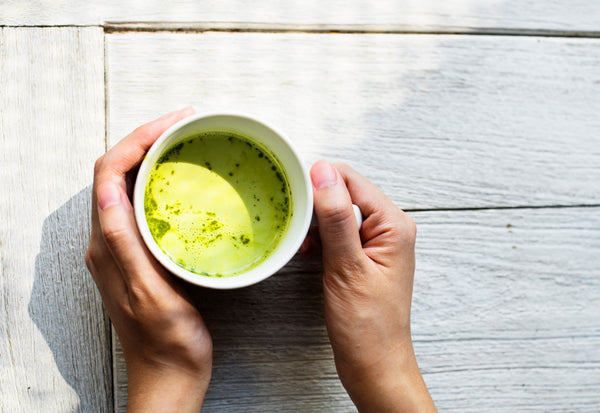






 DOWNLOAD NOW
DOWNLOAD NOW
